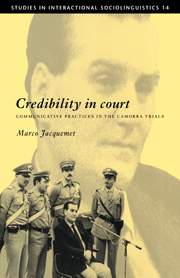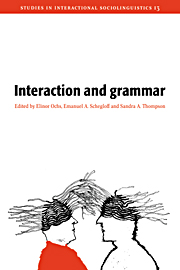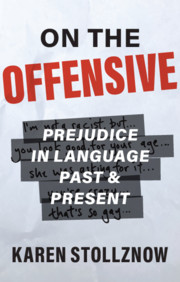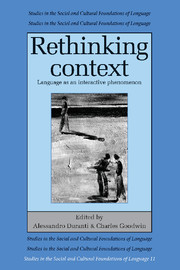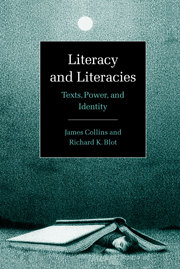Credibility in Court
The Camorra trials in Naples involved more than a thousand people charged with belonging to a criminal organization, the Nuova Camorra Organizzata. After some key witnesses turned against their former associates and collaborated with the Justice Department, more than 800 people were convicted, but in the appeal their credibility was destroyed and the majority were acquitted. To investigate this dramatic reversal of the defendants' convictions, Jacquemet combines analysis of talk and power technologies with a reflection on truth and credibility as communicative representations.
- Studies courtroom interaction and practices
- Extensive analysis of actual recorded talk
- Examines communicative representation of cultural constructs such as truth and credibility
Reviews & endorsements
Review of the hardback: 'I was totally absorbed by this book. Jacquemet has that typical gift of ethnographer: he tells a good tale and he rightly does not allow his learning and academic imperatives to divert him from the task at hand.' Paul Robertshaw, Journal of Sociolinguistics
Product details
October 1996Hardback
9780521552516
340 pages
224 × 143 × 23 mm
0.49kg
Available
Table of Contents
- 1. Introduction: men of honour, men of truth
- Part I. Constructing a Criminal World:
- 2. For a history of the present: how belonging to a community became a crime
- 3. The simulacra of the pentiti
- Part II. Constructing a convincing world:
- 4. On credibility (the pentito and the judge)
- 5. On knowledge (pentiti's narrative strategies)
- Part III. Constructing a Reliable World:
- 6. On indirectness (pentito v. defence lawyer)
- 7. On accountability (pentito v. judge)
- Part IV. Constructing an antagonistic world:
- 8. On respect (pentito v. defendant)
- 9. On truth (pentito v. pentito)
- Conclusions:
- 10. Justice, discourse, and society.

